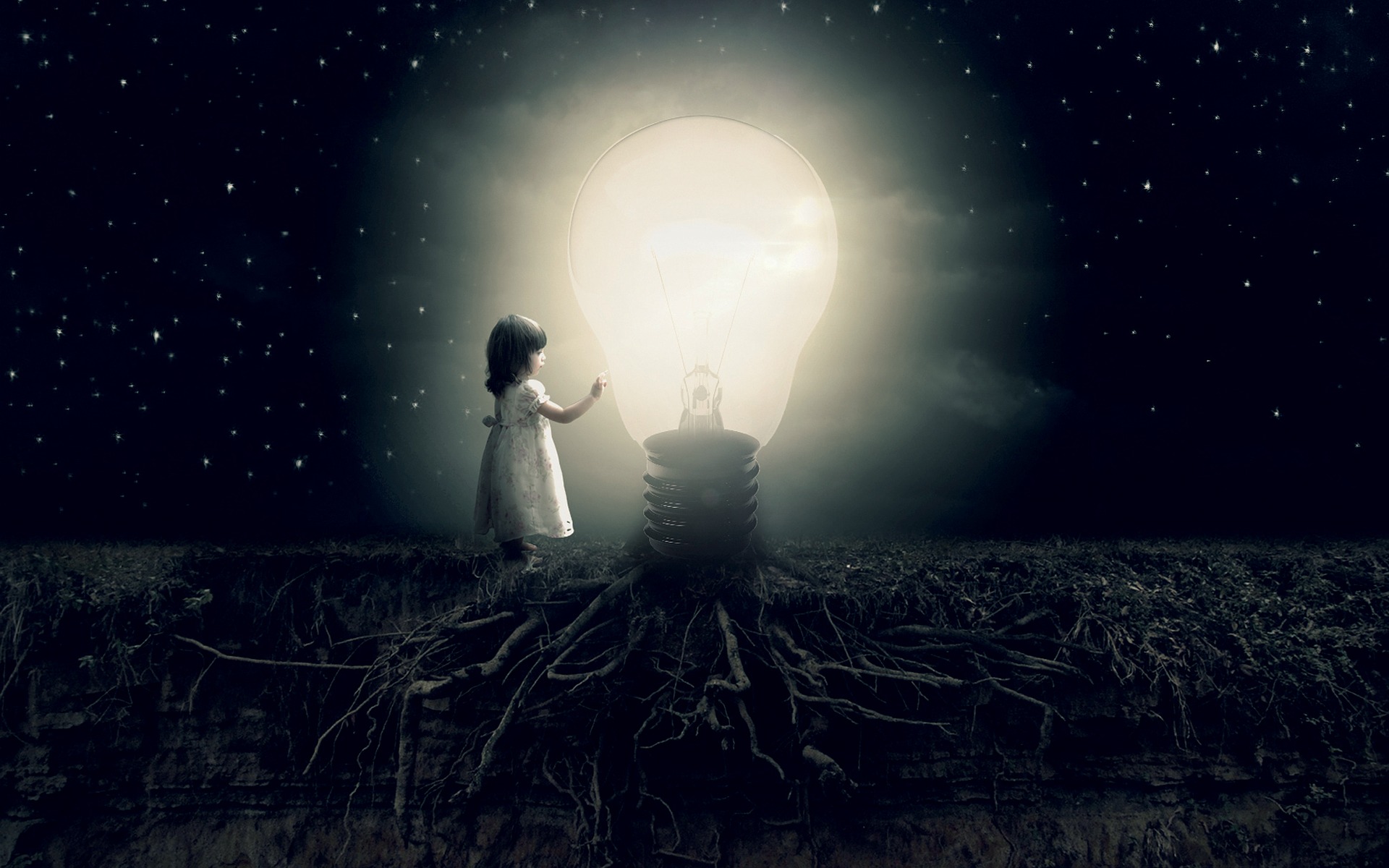 Submitted by Sant Lee on
Submitted by Sant Lee on

Classically, psychoanalysis considers that all experiences are rooted in the past. Psychological problems are viewed to arise from unresolved developmental issues or past traumas. The quality of a relationship between two individuals is always regarded in reference to some earlier relationship — a sort of primal absolute, though forgotten. This would mean that no entirely novel, autonomous or irreducible experience would be possible. We would always belong to the past!
Jean-Paul Sartre contests this perspective vigorously in his famous essay, ‘The Itinerary of a Thought’. He argues that that the idea of ‘dialectical irreducibility’ is missing in conventional psychoanalytic accounts. It can be admitted that a particular experiential configuration is rigorously conditioned by a previous one. But that does not mean that the new experience cannot preserve and supersede the previous experience at the same time. It is precisely this act of supersession of the past experience that can be irreducible (1).
Sartre who believed that phenomena derive from each other dialectically, commented that, While one configuration may preserve another, it can never simply be reduced to its predecessor. It is the idea of this autonomy that is lacking in psychoanalytic theory. A sentiment or a passion between two persons is certainly highly conditioned by their relationship to the ‘primal object’, and one can locate this object within it and explain the new relationship by it; but the relationship itself remains irreducible (2). Sartre would thus seem to be more comfortable dealing with dialectical dynamics rather than unravelling repressed conflicts while analysing relationships.
Beyond Freud and Sartre
While Sartre moves beyond Freud in asserting the autonomy of the experience, both of them still revolve around experiences perceived at the cognitive plane of consciousness. There are supra-cognitive experiences which are not merely autonomous but totally new and novel, emanating from the unborn future and thus cannot be understood either by probing the unconscious or by working through dialectics.
Supra-cognitive experiences can only be possible if the contemporary cognitive consciousness itself evolves along the trajectory of consciousness. Sri Aurobindo views that the human mind is not the summit of creation and the finale of the evolutionary movement. New matrices of supra-cognitive consciousness can evolve and herein lies the genesis of the unborn Idea.
Freud’s perspective of historical reductionism, where the past is considered to be the key to the present, is actually a Darwinian legacy. Freud had considered that two of the great blows that the universal narcissism of mankind suffered at the hands of post-Renaissance science were firstly, the cosmological blow when Copernicus proclaimed that the earth was not the centre of the universe and secondly the biological blow rendered by Darwin and his supporters who showed that man was not separate from the lower animals in the organic scheme of things (That he considered the third blow to be psychological, derived from his own theory of psychoanalysis which showed that “the ego is not master in its own house (3)” is another matter). It was the Darwinian-historical perspective that influenced Freud’s attempt to put all human ideation in a overwhelming phylogenetic perspective.
While not denying the phylogenetic paradigm of evolution, Sri Aurobindo considers that behind each evolutionary form that is limited in the constraints of time and space, there is a unique Idea whose source lies in the Infinite Reality beyond time and space. Both the ‘Idea’ from the limitless realms of consciousness and the ‘form’ within the limits of the universe are valid constructs. “Behind each form of life there is a divine idea which determines its form and its limits and the form circumscribes the potentialities of life…. The idea which thus determines is the cause and the form which thus limits the sign of the Finite in the universe. The universe is an infinity creating innumerable finite expressions of itself in idea and form within its own infinite being…. Therefore in and behind all finite life in the universe there is an infinite reality seeking to arrive at itself which must in its self-unfolding create finite forms of life which are yet able in their consciousness and movement to manifest and realise the infinite. Man is such a finite-infinite and the sole type of such a form of life that yet exists upon the earth (4).” In this paradigm, the human being is not only traced from the atavistic past but is simultaneously drawn by the unborn future.
Thus while Freud concentrates on the ‘form’ from the phylogenetic perspective of evolution, Sri Aurobindo views it from the poise of the Idea behind the form while not belittling the form. He also goes beyond the biological evolution to a cosmic evolutionary scheme that envisages that the human mind is not the end of evolution. There are newer matrices of cognitive consciousness that can manifest leading to the appearance of higher forms that could surpass the present mental being. In doing so, he surpasses the phylogenetic perspective to unravel the constant appearance of newer and newer ideas that cannot be explained from the past repertoire of human experience.
The New Idea
The history of consciousness is replete with new ideas that arose sporadically and cannot be simplistically explained by the settled poise of the past. Of course, a new idea would need an occasion to manifest. An analysis of the events that build up the occasion can be construed from the past but that is not related to the uniqueness of the new idea waiting for manifestation. A classic example was the conflict in Mahābhārata which led to the colloquy at Kurukshetra. The psycho-social events that unfolded one after another to produce the momentum leading to the battlefield could be traced along multiple lines moving from the past. Yet they just served to provide a matrix where an entirely new idea was to be born.
Anirvan explains that instead of interpreting the events leading to the war from dynamics arising from the past, they could be understood as upheavals induced by the pressure of the new idea that was to be born, “The immediate cause seems to lie in an attempt at vindicating some mentally conceived ideal of social justice, but in reality it is the pressure of a new idea to be born that works from behind, and its birth-throes assume the character of a cataclysm sweeping away everything before it (5).” This means that an experience need not always be analysed from the past but can also be interpreted from a futuristic standpoint. Such a futuristic vision needs to be poised in a supra-cognitive status of consciousness.
There is another important aspect of the being which needs to be considered. The Ātman or the real Self in the Indian tradition that supports the manifest being is an unborn and undying fourth-dimensional entity. It is different from the soul in the Western tradition which is a constructed entity from components of the being. ‘The difference between the Semitic conception of the soul and the Hindu idea of the Ātman arises from the fact that the Ātman is an uncreated but the soul a created reality. Also, it must be noted that man is, according to Hinduism, essentially Ātman inhabiting a mind-life-body ādharā, container; but man in the Semitic tradition is a unity of soul meaning …. “mind-life and body(6).” Thus the Ātman does not originate from the Freudian unconscious or the matrix of Darwinian phylogenesis and can neither be understood through dialectical dynamics. An appreciation of the unborn Future and the interpretation of a new idea originating thereof need the development of supra-rational faculties. Likewise, the experiential contact with the Ātman needs a transcendence of the ego and its usual instrumentation. That is precisely why psychology is incomplete without a metaphysical base.
While it is justifiable to find some motivation or the other to explain the genesis of any experience, it is not possible to do that for a new idea appearing from the unborn Future. Mystical insight that works through supra-rational means, like intuition, confirms that such a new idea arises from motiveless Bliss — from the sheer joy of spontaneity, a reason why it is essentially irreducible.
The new experience from the unborn Future has been a summum bonum for poets. One must admit that poetic experience can carry equal validity as psychological analysis. Tagore expressed his existential restlessness in his thirst for the unborn. And Sri Aurobindo, the seer-poet, describes how the unborn Idea, like a great heaven-bird, waiting to manifest for the adventure in consciousness, is indeed a yearning for the Unmanifest:
“… the unborn Idea
Remembering the future that must be
Looks down upon the works of labouring Force,
Immutable above the world it made.
In the vast golden laughter of Truth’s sun
Like a great heaven-bird on a motionless sea
Is poised her winged ardour of creative joy
On the still deep of the Eternal’s peace,.. (7)”
Dr. Soumitra Basu
http://www.namahjournal.com/doc/Actual/Editorial-Vol-26-iss-4.html
References
1. Sartre J-P. BetweenExistentialism and Marxism (translated by Matthews J.) London: Verso; 1983, pp. 38-9.
2. Ibid., p.39.
3. Sulloway FJ. Freud, Biologist of the Mind — Beyond the Psychoanalytic legend. New Delhi: Clarion Books; 1980, p. 276.
4. Sri Aurobindo. Complete Works of Sri Aurobindo, Volume 12. Pondicherry: Sri Aurobindo Ashram Trust; 2009 (reprinted), p. 222.
5. Anirvan. Buddhiyoga of the Gita and Other Essays. Chennai: Samata Books; 1991, p. 16.
6. Basu A. ‘Integral Immortality’ in (ed.) Sanyal I. Sri Aurobindo — The Poet, Yogi and Philosopher. Kolkata: Centre for Sri Aurobindo Studies, Jadavpur University; 2011, p. 285.
7. Sri Aurobindo. Birth Centenary Library, Volume 29. Pondicherry: Sri Aurobindo Ashram Trust; 1970, p. 632.
- 693 reads